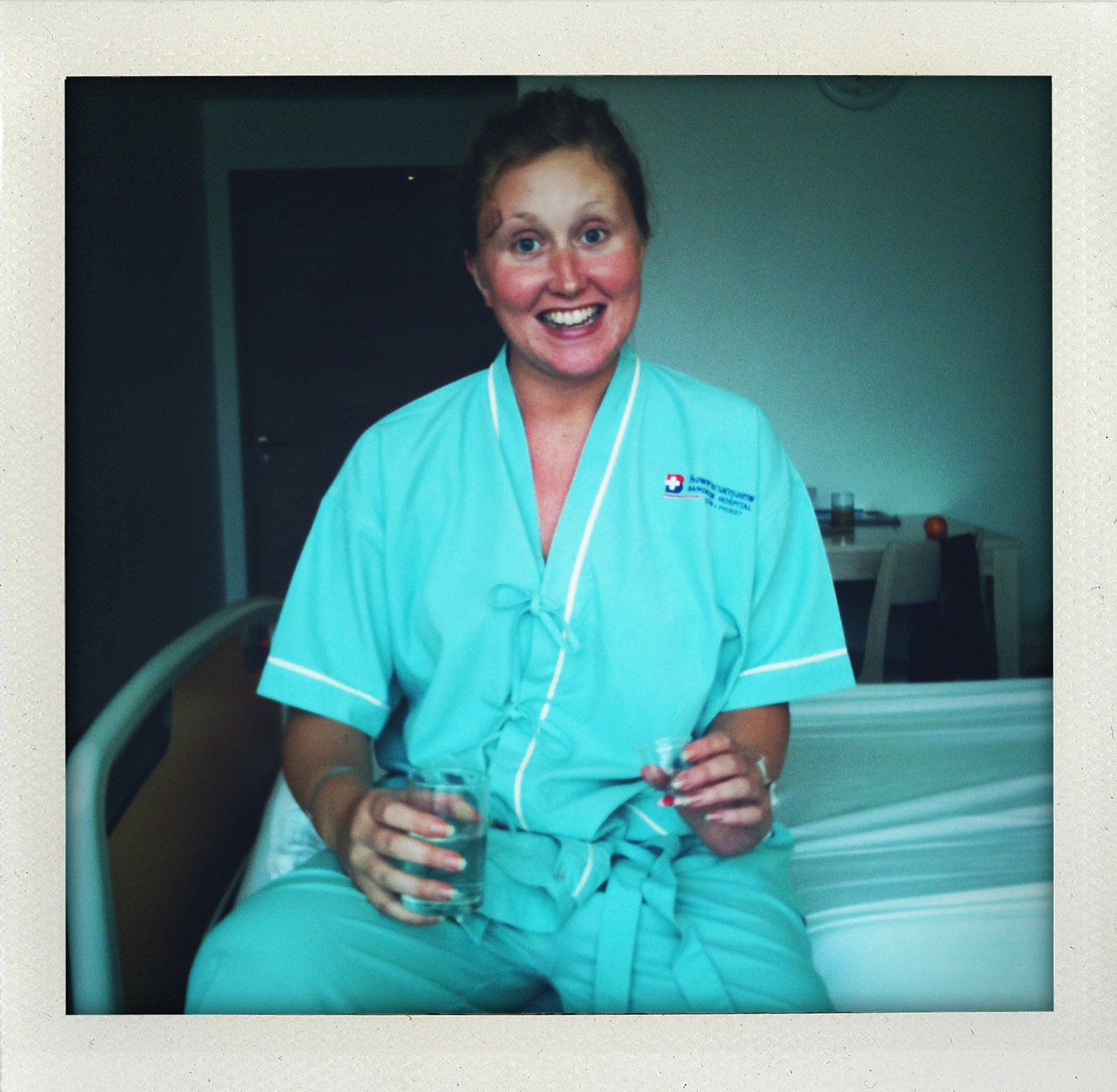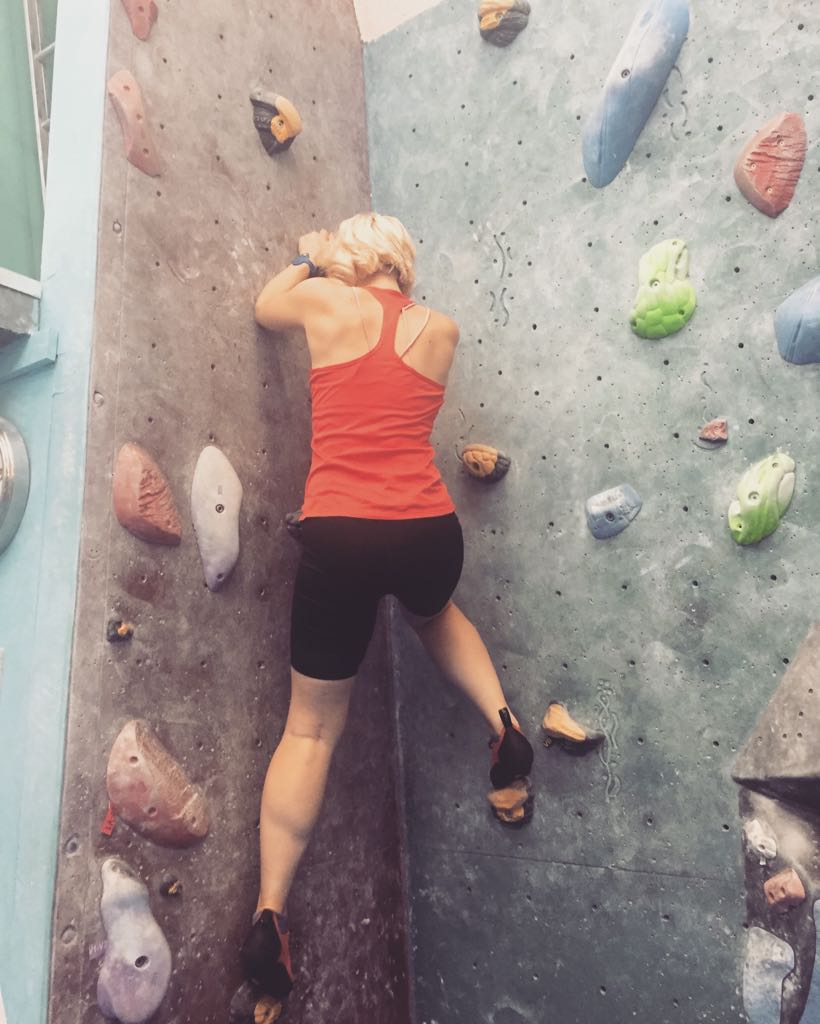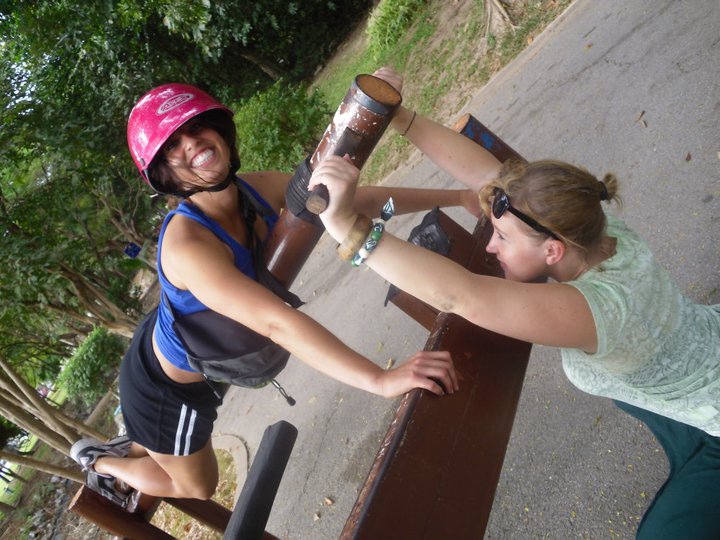The last month saw our campaign grow at an incredible pace. Our physical training plan got harder, the hours spent being rejected by potential sponsors increased and I started a new job. With such big targets to hit both physically and financially, there are moments when it’s hard to see the light at the end of the tunnel and to believe that it will all be okay in the end. None of us have attempted anything even remotely close to this mission before. We’re all totally out of our depths. The easiest time to give up is now, but giving up is not an option. We must learn how to swim.
Fundraising
Rejection is hard. They say it gets easier the more it happens, but no one like to be told “no”, especially when there’s so much riding on the outcome. We’re learning fast that securing corporate sponsorship is tough. There’s been a fair bit of rejection this last month but it’s not all doom and gloom, in fact, it’s the opposite. Our mission is being supported by some brilliant companies; Pulsin, Snact, Oarsome, and KeepCup to name a few, and there’s more on the horizon.
I’ve been absolutely blown away by the personal support that we’ve received on this mission so far. Last month we launched, and welcomed, the first members of our 100 Club which enables personal donors to get their name on the boat. We’d had friends that have asked their colleagues to stop using plastic cutlery, and people we’re yet to meet that have thanked us for taking on this mission over Twitter. I’ve been so moved but each and every one of these messages I had to share them with you all, so have added them to our support page and plan to add them to the inside of the boat where we can read these much-needed messages whilst at sea.
"Every time I see a Status Row post I just think what you're doing is bloody amazing. You ladies absolutely rock! 💪 🚣♀️ 🚣♀️ 🚣♀️"
Training
As I’m sat here on a Thursday night it dawns on me just how hard the training is going to get. I’ve spent the last few days waddling around thanks to another gruelling workout session courtesy of Jess (and her evil training plan). We talk about how a huge part of this row is mental, but we can’t underestimate the physical challenge that we face. The thing about training is that you have to do it. Every week. We can’t just save it all up and smash it out in one go a month before the race. Our bodies just don’t work like that.
If we’re going to make it to Antigua we must commit to a regular and intensive training regime. Which is fine, in theory. But in practice, it’s challenging to schedule workouts around a full-time job, trying to raise awareness of plastic pollution, attending events, and other rowing related work. It’s exciting but exhausting, and we’ve still got a year to go!
For years now, my I’ve spent my weekends running and cycling because, well, I love it. But these activities are more about cardio and less about power. Yes, I can pop out for a casual (albeit slow) 10 mile run on a weekend, but can I do a press up… not really! Here’s the proof!
I’m about to go off on a tangent and tell you a (long) story about why I find upper body workouts so damn hard. You might want to put the kettle on for this one…
Back in Jan 2011, my travels around the world were unexpectedly cut short when I was taken to hospital where I was diagnosed with acute transverse myelitis (TM). For the non-doctors amongst us, this means inflammation of the spinal cord, which in my case, meant I couldn’t move or feel my arms and upper body.

Generally, the more rapid the progression is, the worse the prognosis. I lost all feeling and movement over the course of about 4 hours- that’s pretty rapid. About one-third of patients recover, one third retain some weakness, and one third are bedbound. The odds weren’t exactly in my favour. I spent the next few weeks in the Bangkok Hospital in Phuket, Thailand undergoing treatment and physiotherapy in an effort to help me regain feeling and movement in my arms. This rehabilitation was to continue for 9 months after returning to the UK.
I was signed off by my neurologist as having made a “full recovery” on 3rd November 2011. 💪 I could give an overhead high 5 and lift the kettle to make a cup of coffee! Hurrah, victory was mine! I’d refused to sink and instead learned to swim. But although I had re-trained my brain to allow for movement, the strength had all but vanished.
It’s difficult to explain but even today my arms tire quickly and struggle to repeat certain movements without my shoulder moving in uncomfortable and unnatural ways. For years I had wanted to go rock climbing but was always afraid that my arms wouldn’t be able to hold me onto the wall, I’d fall, and crumble into a heap on the floor. One day I decided it was time to find out, so I signed up for a bouldering course at Mile End Climbing Wall with Jess & my boyfriend, and that my friends, is where we met Susan, 2 years ago.

I haven’t given my upper body the proper attention that it’s needed over the last 6 years and it’s never been more evident than when I try to do a push-up. But I’m trying. And if my time recovering has taught me anything, it’s those small improvements, no matter how small they may seem at the time, add up to an overhead high 5. Just like any problem, we have to take our training one step at a time and celebrate each win.
So what was the point in me telling you all this? I don’t know that there really was one, but I hope you found it interesting all the same.
I also can’t tell this story without giving huge thanks to Anna Hummel, my beautiful friend who got me to a hospital, contacted my parents, stayed with me in my hospital my room, and just provided the most amazing amount of support throughout the whole experience (I couldn’t have asked for a more amazing travel buddy and friend). So much love for you girl! To my sister, who flew out to Thailand only to be confined to a hospital room with (a rather grumpy) me, and to sleep on the sofa for a week. She’s been a constant source of inspiration over the years and is the reason I got back into running amongst other things. To my family for being so supportive generally, but in particular for their understanding and patience when I moved back home whilst recovering. And to my friends, who were always right there, raising the high five bar that little bit higher each time, and keeping my chin up above water. I love you all so much. Thank you. I dedicate my next set of push-up (attempts) to you.
